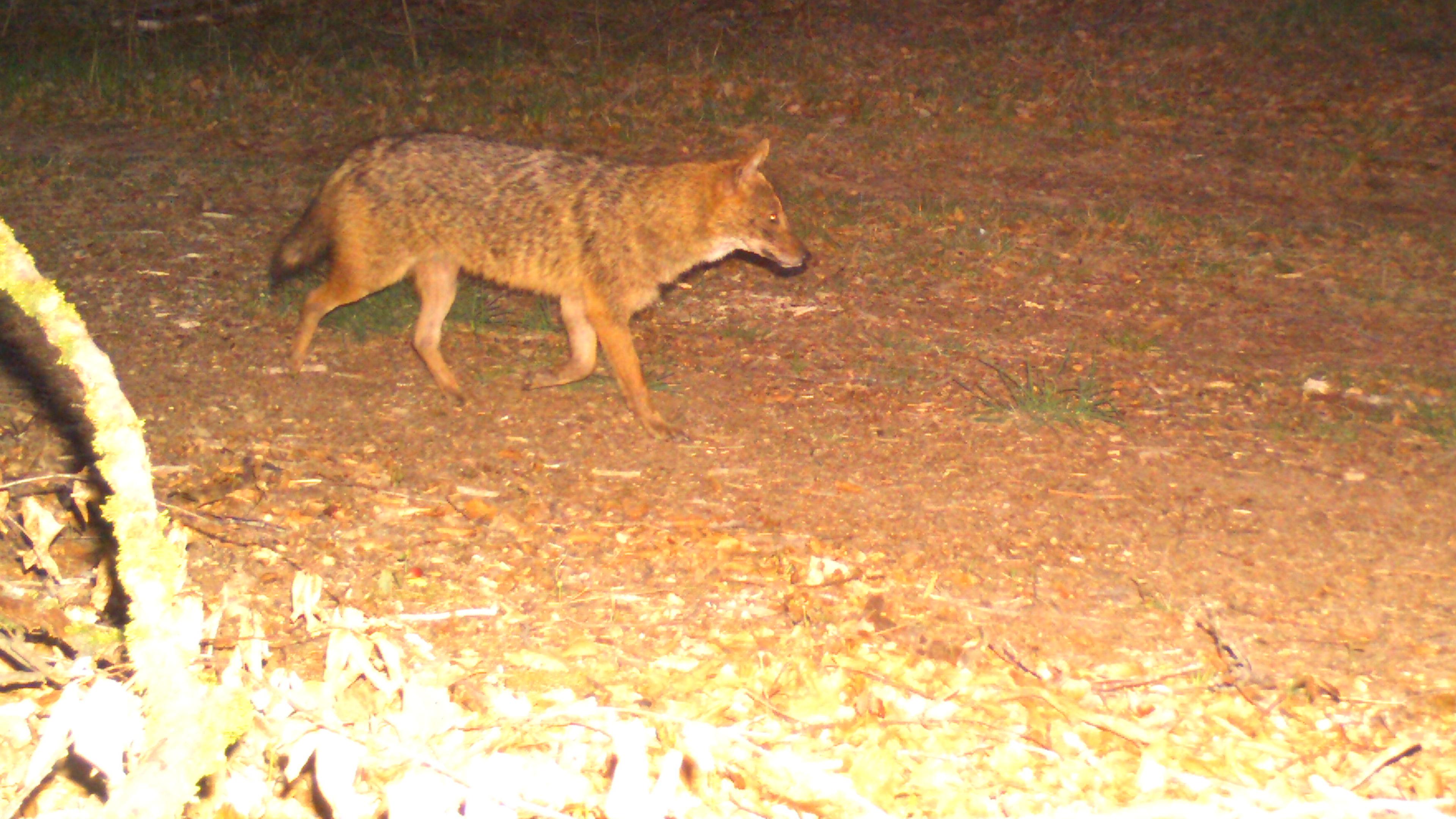Investigation wishes to change Swedish forest policy basically

The Government’s Forest Policy Investigation shall be presented by 31 August and Aim, among other things to develop a competitive forestry that attaches equal importance to production and environmental considerations.
DN has taken note of the investigator’s draft with proposals that have recently been presented to reference and expert groups. The proposals may be changed before the final report, but as they now look now, there are far -reaching changes in Swedish forest policy.
Nature reserves should be easier to cancel.
Forestry birds receive impaired protection.
Authorities will present a new measure for the forest’s climate benefit – developed by the forest industry – and the government will take over « politically sensitive » reporting of forest data from the Swedish Environmental Protection Agency.
DN has sounded independent Researchers read the proposals. All in all, it is about such radical changes that they would entail a « system change » in Swedish forest policy, says Torbjörn Ebenhard, research leader at the Center for Biodiversity at the Swedish University of Agriculture.
– This must be seen as part of a conscious political process. All of these proposals are about promoting forest production, not reaching any environmental goals, and aims to increase production at the expense of biodiversity and climate, he says.
Investigator Göran Örlander comments on the criticism:
« I am currently working on comments and input from the reference and expert group. I will carefully review and develop my proposals based on the views the investigation obtained from them. »
One of the investigation’s most Central proposals concern the environmental target « Living forests », the purpose of which is to safeguard the biodiversity of the forest. It is an environmental goal that Sweden today does not achieve, and where the development is moving backwards, according to the Swedish Forest Agency.
The investigator wants to replace today’s goal with a more « evidence -based and transparent » system, among other things by taking into account red -listed species in the forest « for which forestry is the largest influence factor ».

According to Torbjörn Ebenhard, the proposal leads to a reverse burden of proof:
– The burden of proof is placed on authorities to show that forestry is the biggest cause of a species decline, which makes it impossible for them to act, he says.
Economic and social aspects should also be weighed into the work on the environmental goals, which Torbjörn Ebenhard is critical of:
– You cannot balance economic and social interests against environmental considerations in this way. If the forest does not work as an ecosystem, it does not matter how good the other factors look.

The protection of forestry birds It is also proposed to decrease. Today, it is forbidden to disturb birds’ nests and eggs – but according to the proposal, this should only apply if an entire population risks being affected.
A national list of bird species with unsatisfactory conservation status is to be developed, where financial considerations are also taken into account.
Sweden’s ornithological association BirdLife Sweden-a non-profit interest organization that works for bird protection and nature conservation-warns that the proposal can threaten biodiversity and violate EU law.
– The purpose is to limit forestry’s consideration for as few species and as few areas as possible, says Daniel Bengtsson, expert at Birdlife Sweden.
-The European Court of Justice has been established That protection for individual birds and local populations is sometimes necessary to preserve the species’ long -term survival.

Göran Örlander replies that the proposals should contribute to climate change, jobs and growth:
« I have on the government to submit proposals with the aim of developing a future appropriate forest policy that promotes long -term sustainable competitive forestry, increased forestry growth and long -term increased access to sustainable forest biomass, » he writes.
The investigator proposes that Also, areas where forest owners have voluntarily refrained from harvesting – so -called voluntary provisions – should be counted as protected in the statistics. However, these areas lack legal protection, are not reported publicly and can be put back into use at any time.
Small areas that are left untouched when harvesting, so -called consideration, must also be included.
Together, these changes can lead to Sweden reporting a larger proportion of protected forests than is internationally accepted. According to Guidelines Only protection that is transparent, formally decided and documented can be counted from the International Conservation Union (IUCN).
In addition, it is proposed that nature reserves be canceled if the protection purpose « has been substantially expired », and that small protected areas with high natural values - so -called biotope protection – should be able to be changed or abolished if the landowner consents.
Another change Applies to the reporting of forest data to the EU. The investigator wants reporting that is « politically sensitive » to be moved from the Swedish Environmental Protection Agency to the government – something that raises concerns by researchers:
– It opens up political impact on how facts about the forest’s condition are reported, says Torbjörn Ebenhard.

Finally, it is proposed that the authorities be used A new model To calculate the forest’s climate benefit, developed by the forest industry.
Today, methods that are based on the UN Climate Panel IPCC’s guidelines and EU climate rules are used, where statistics from the national forest assessment and the land inventory are the basis.
Markku Rummukainenprofessor of climatic at Lund University and former Sweden’s representative in the UN Climate Panel IPCC, sees problems with the new calculation model.
– You risk exaggerating the climate benefit of products. The impression you get is that the purpose would be to counteract and reduce the climate requirements in the forest industry, so that you can continue with today’s forestry without taking more account of the climate issue, he says.
Investigator Göran Örlander emphasizes that the goal is a stable and predictable regulatory framework:
« It is difficult to comment on individual proposals – it is important to see the whole. »
Read more:
This says the science of the forest’s climate benefit
SCA cut down forests from Carl von Linnaeus’ time: « Horror example »
Hard criticism of the Forest Investigation: « Dislike » reality «








